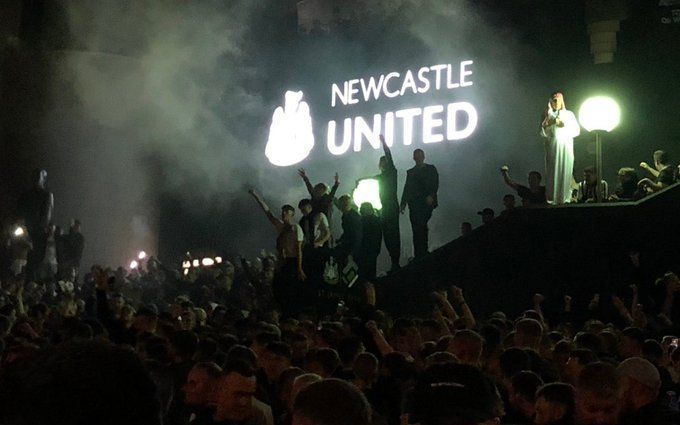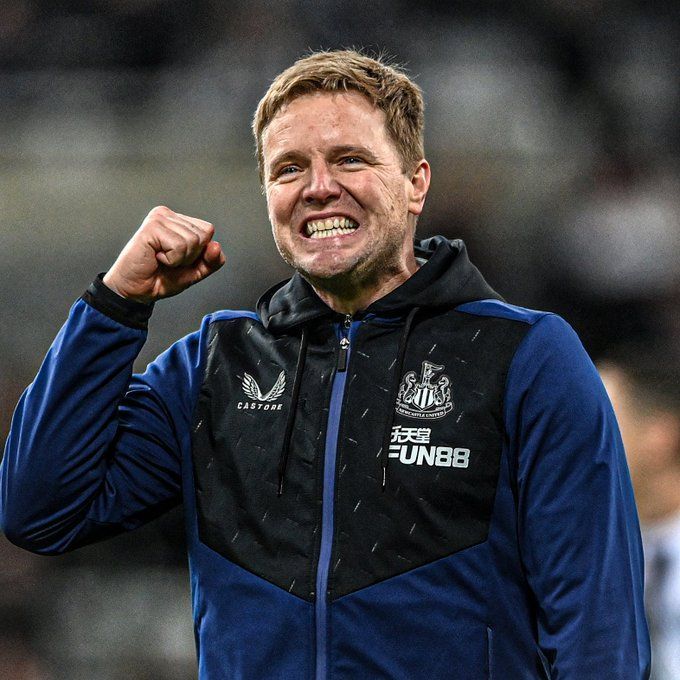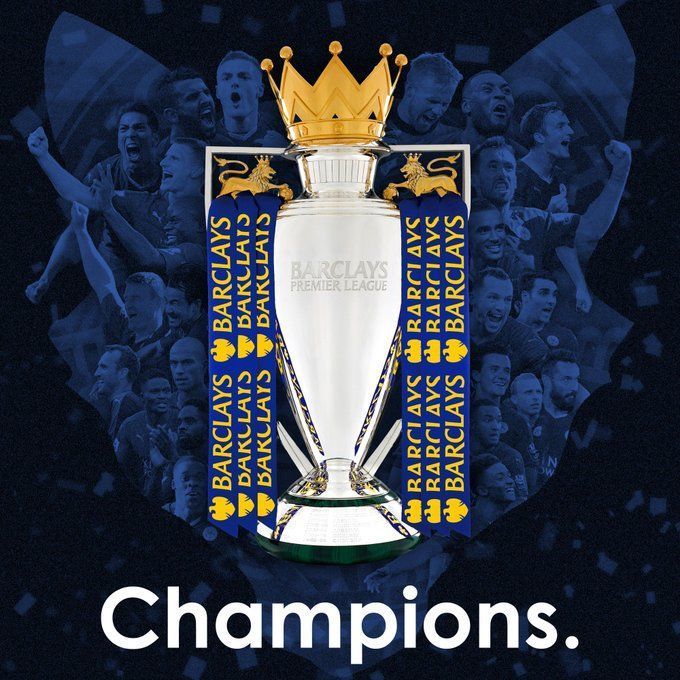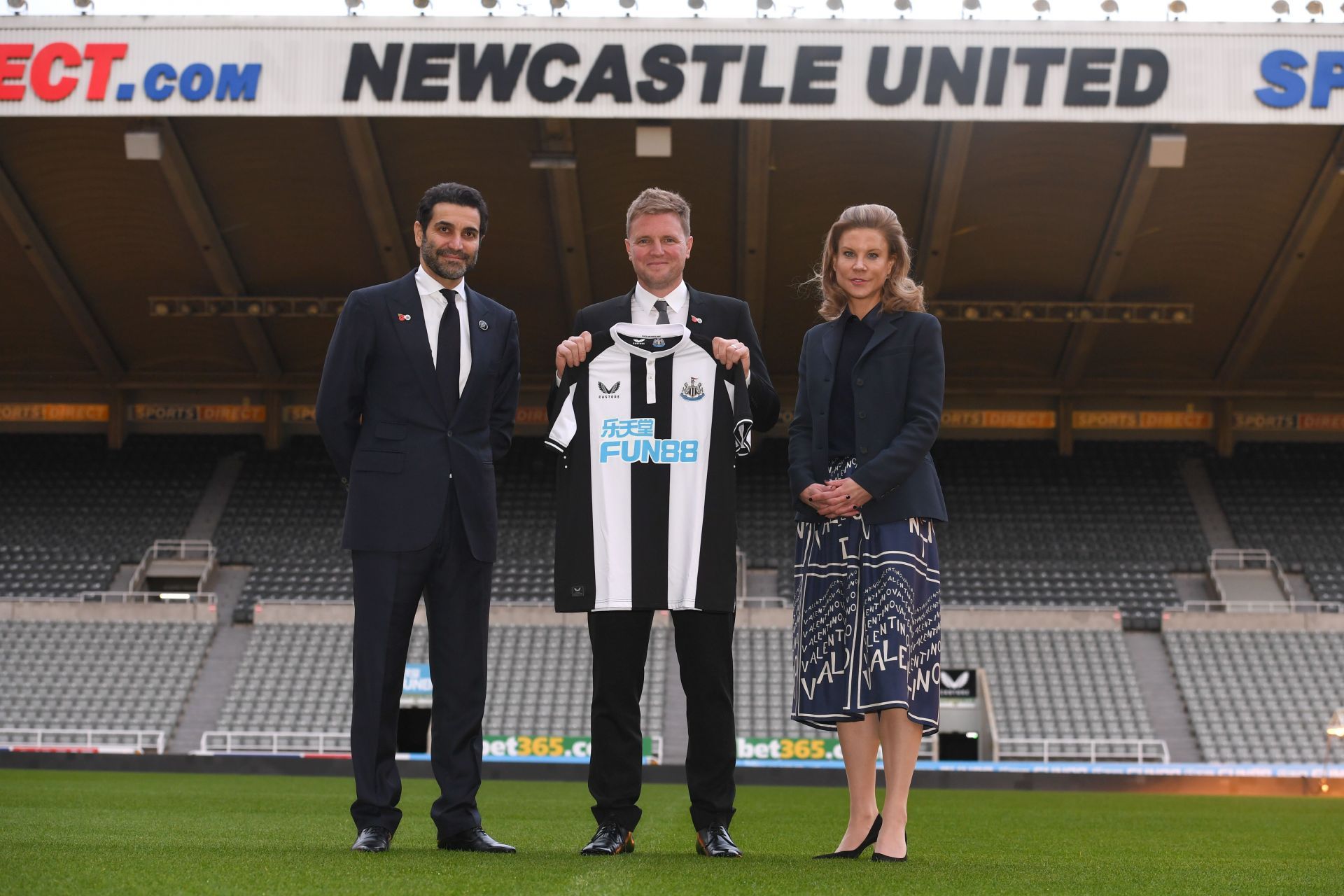
How long would it take for Newcastle United to compete for the Premier League?
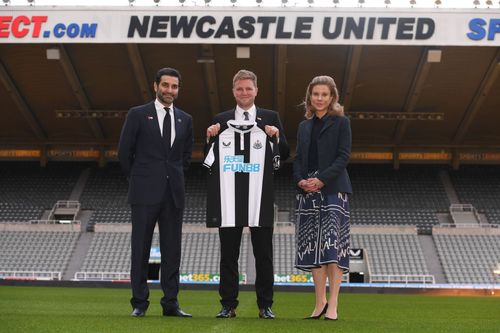
Newcastle United was recently bought by the Saudi Public Investment Fund for an estimated $415m deal. The club is essentially owned by the State of Saudi Arabia, which makes it the richest club in the world by far. With a net worth of $418 billion, Newcastle's owners are hilariously richer than any other club in the world. No one even comes close.
Since the takeover in October and subsequent investment in the January transfer window, the club has managed to put some distance between itself and the relegation zone. Newcastle were fighting for Premier League survival earlier, but having already spent £95m in the January transfer window, the question naturally arises: how long before they will challenge for the Premier League title? There are several factors to look at. Let’s examine a few:
Financial Fair Play (FFP)
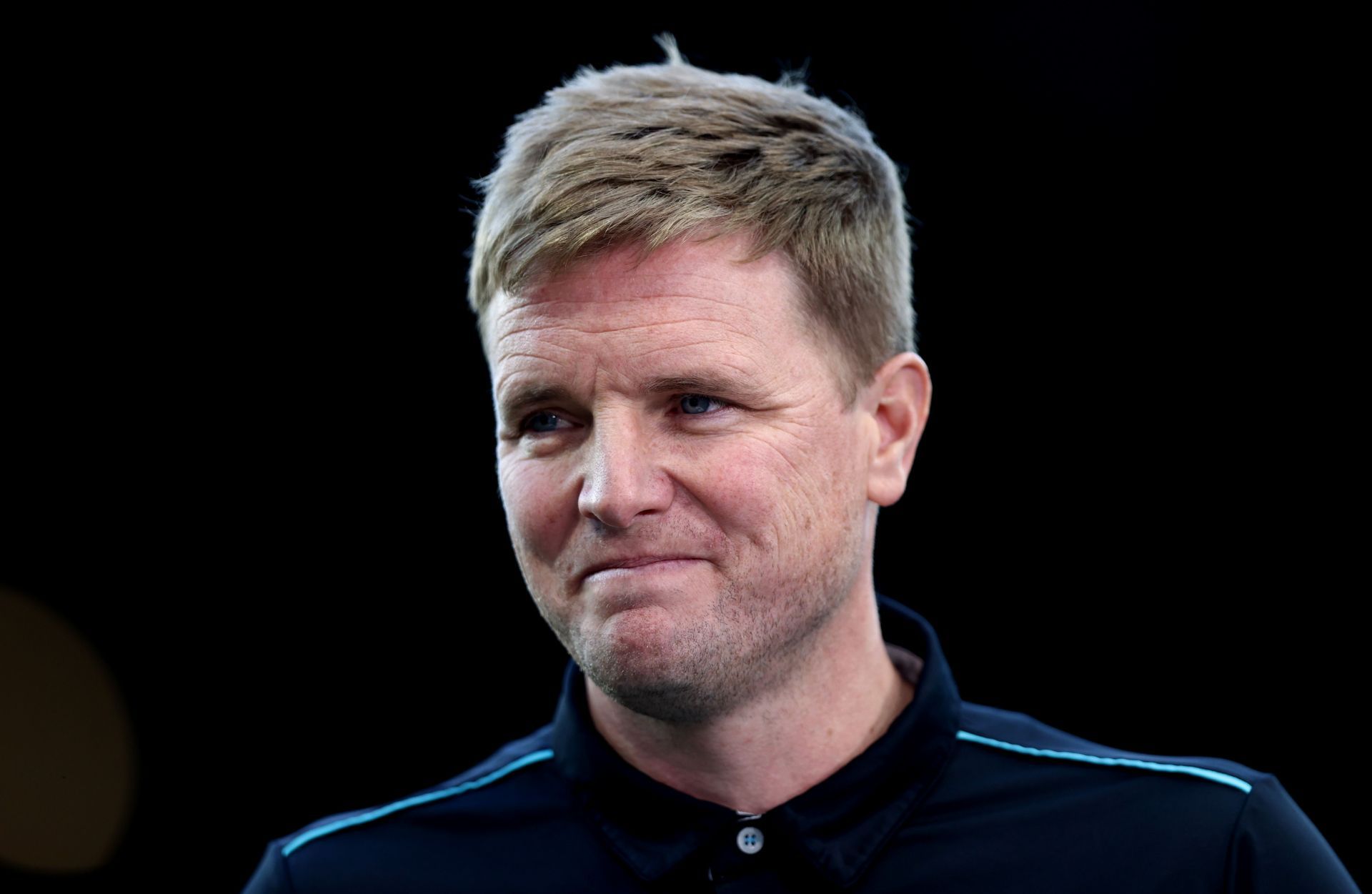
FFP was introduced by UEFA in 2009 to 'improve the overall financial health of European club football'. The main objective behind it was to stop clubs from spending more than what they earn in revenue.
Clubs are only allowed to spend €30m more than what they earn in a three-year period. This rule stops clubs from overspending in the transfer market and prevents ultra-rich owners from simply covering the losses their clubs incur.
FFP will slow down the process of taking Newcastle United back to the very top. Time and a good transfer policy will be needed to slowly transform the club. The correct commercial strategy would be of utmost importance in order to increase revenues for the club, which can then be invested in bolstering the squad.
Manchester United's recent struggles are proof that only throwing money into the transfer market will not lead to any sustainable progress. There has to be a long-term plan at Newcastle, a slow process needs to be followed which will take time and patience.
Intense Competitiveness of the Premier League
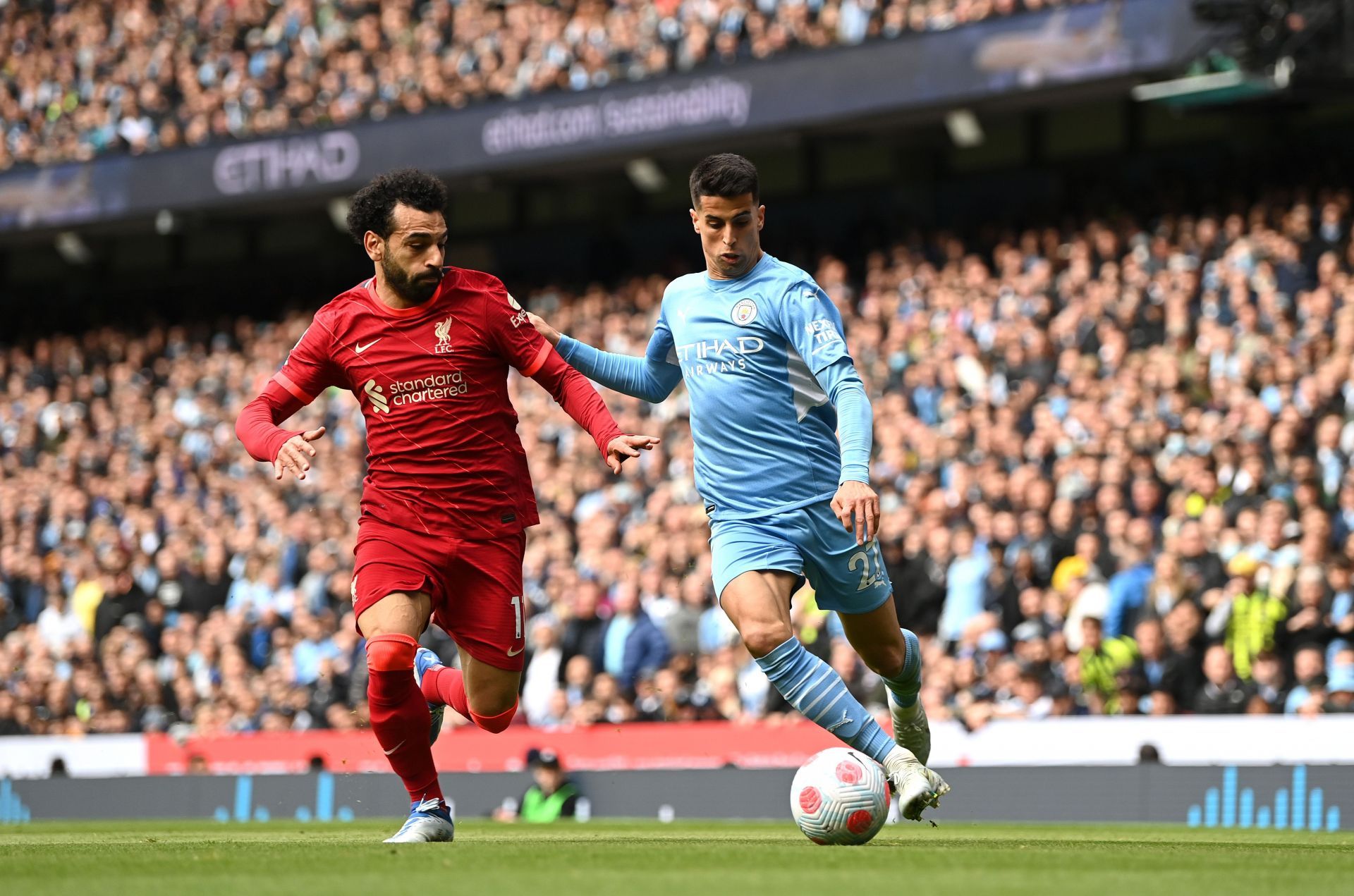
The Premier League is by far the most challenging and competitive league in the world. The famed 'Big Six' (Manchester United, Manchester City, Arsenal, Chelsea, Liverpool and Tottenham Hotspur) are all massive clubs with huge sums of money and an ambition to win the league. It was only a miracle that Leicester City stopped one of the big six from lifting the Premier League trophy in the 2015-16 season.
With Liverpool looking unstoppable under Jurgen Klopp, Manchester United, arguably the biggest club in the world, Chelsea, the reigning European and World Champions, a resurgent Arsenal and an ambitious Tottenham under manager Antonio Conte, the Premier League is the most competitive it has ever been.
The biggest obstacle the Magpies will face, however, are Manchester City, the current English Champions, who share a similar financial takeover story as Newcastle United. In 2008, the Abu Dhabi United Group bought Manchester City and quickly turned them into one of the best teams in Europe. De-throning them would be no easy task.
It is a massive challenge for any club to break the domination of these clubs, but with the club's newfound extraordinary financial might, the impossible looks very much on.
The Academy and the Newcastle community
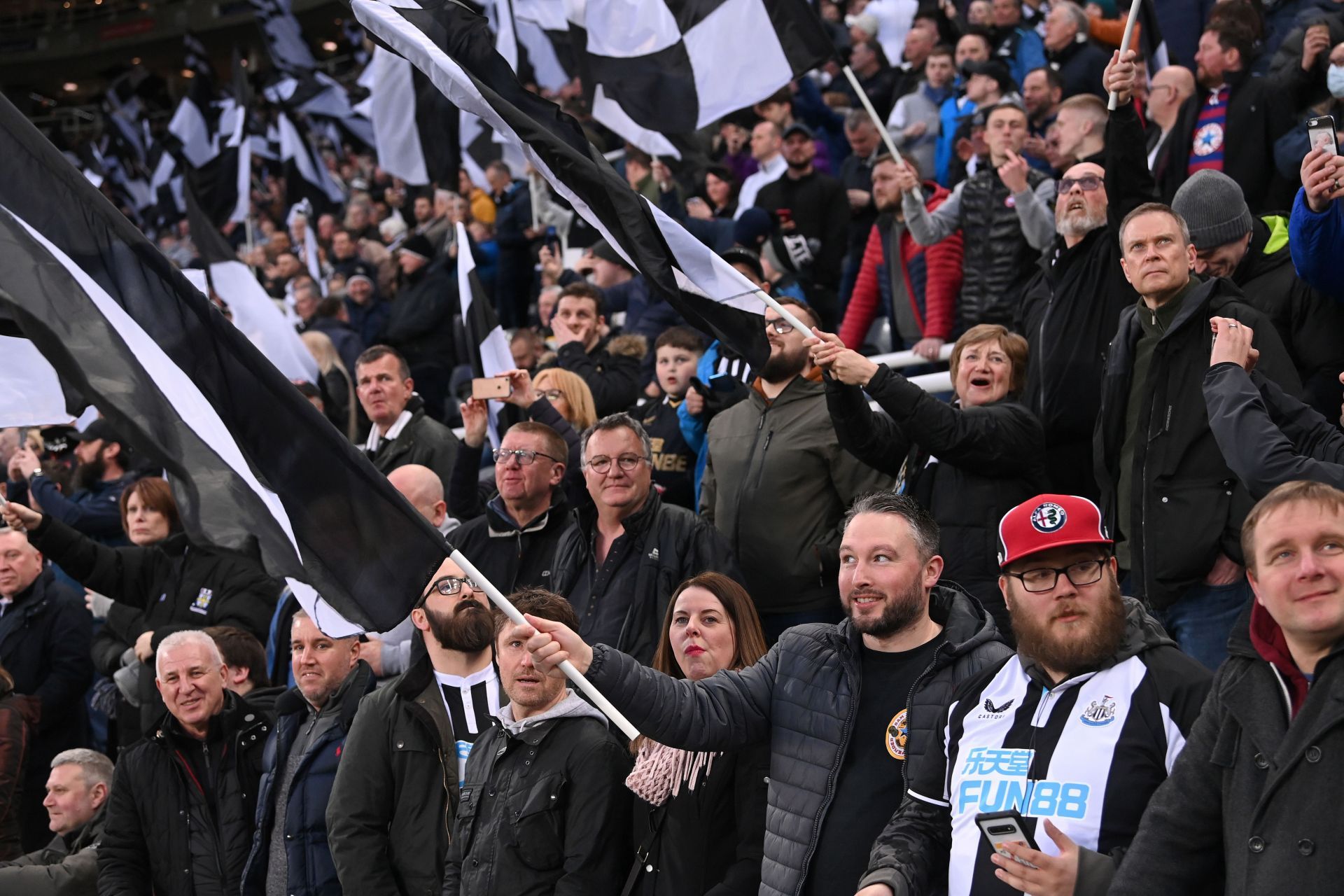
Having a strong academy is a crucial step in becoming one of Europe's elite clubs. Newcastle United have the perfect opportunity to establish a top academy in their city. The Tyneside area is full of hardworking, working-class people who love their football, and being able to tap into the immense talent of the local community should be of utmost importance.
Manchester City have set a great example of what a football club can do for a city. They have invested heavily in their academy and the surrounding area, transforming it into a prospering community. City are producing world class talents like Phil Foden who have been crucial to their recent success.
The Magpies should follow City's example and establish a world class facility for the people of the city. Investing in an academy has a huge long-term payoff, without which it would be near impossible for Newcastle United to challenge the English and European elite.
